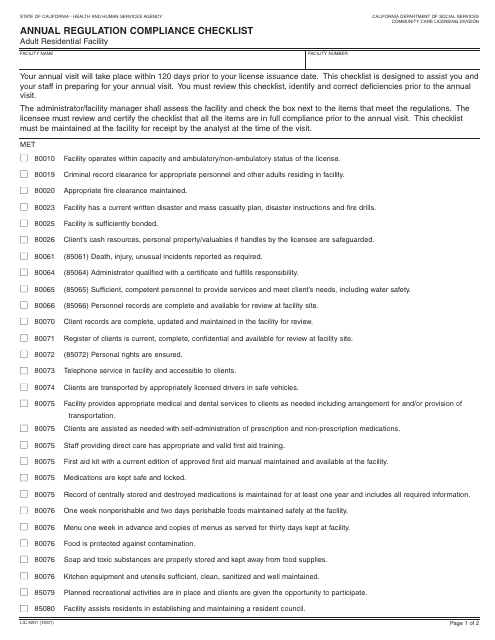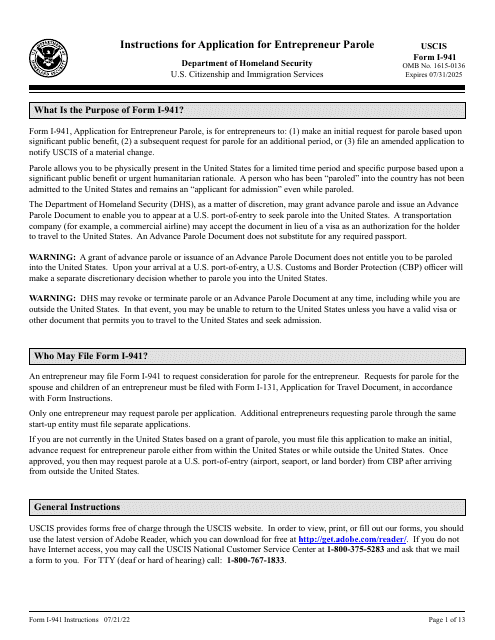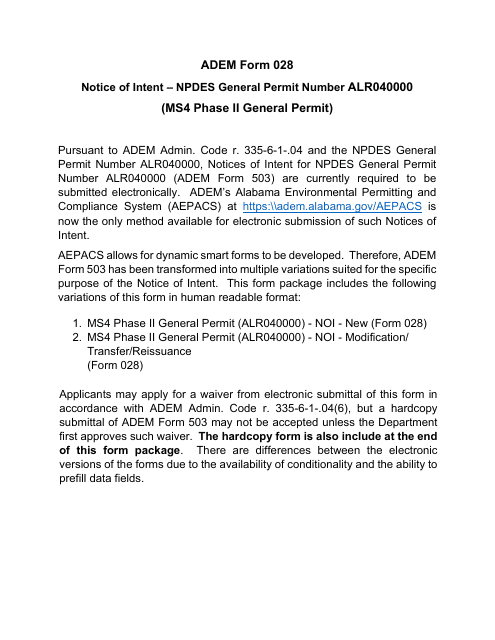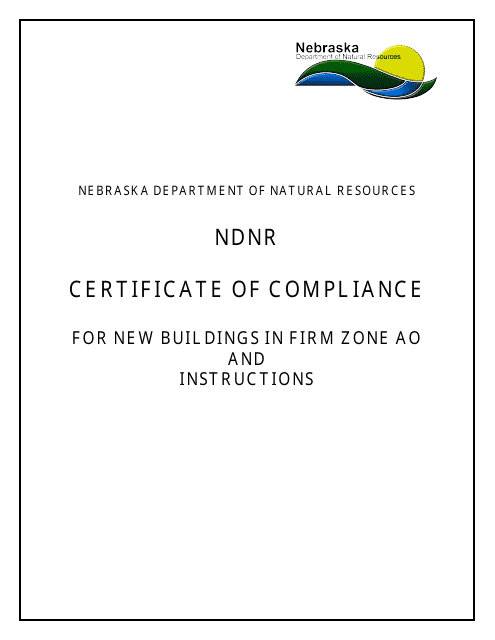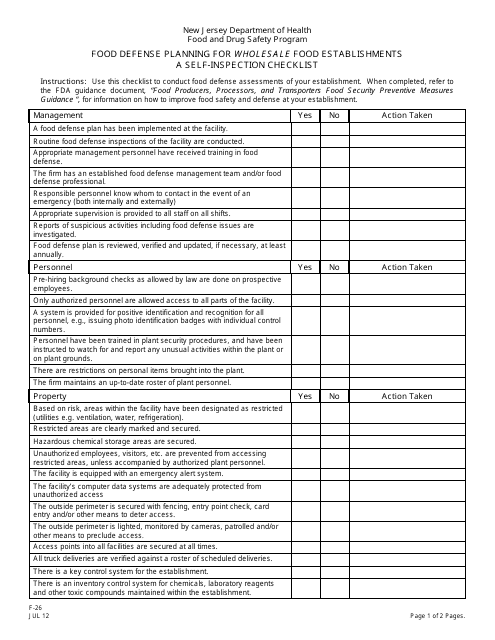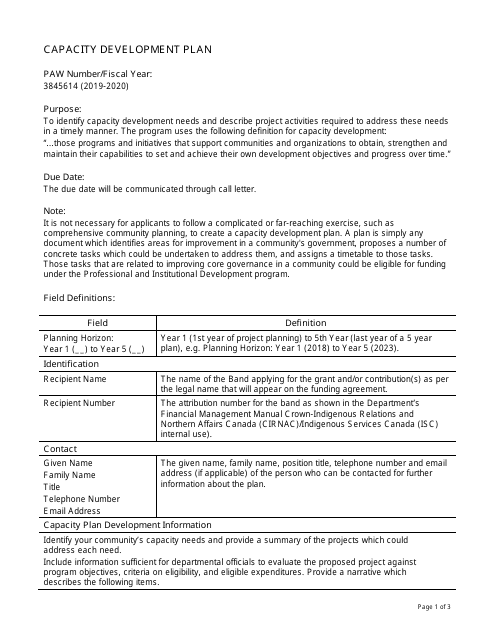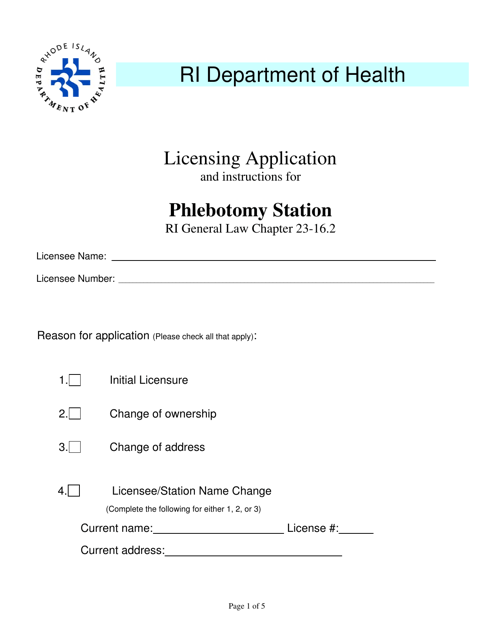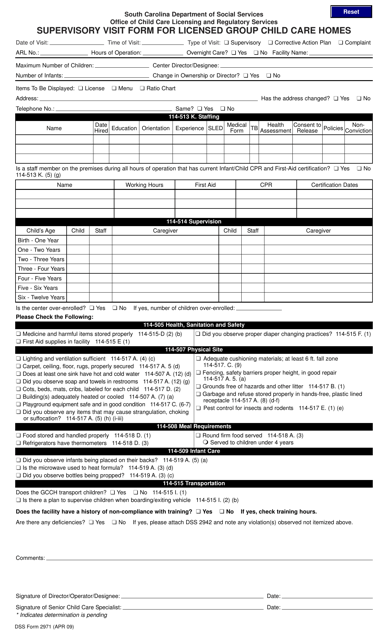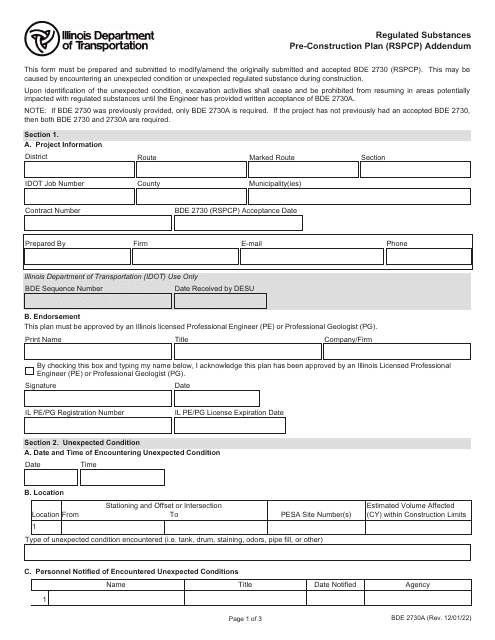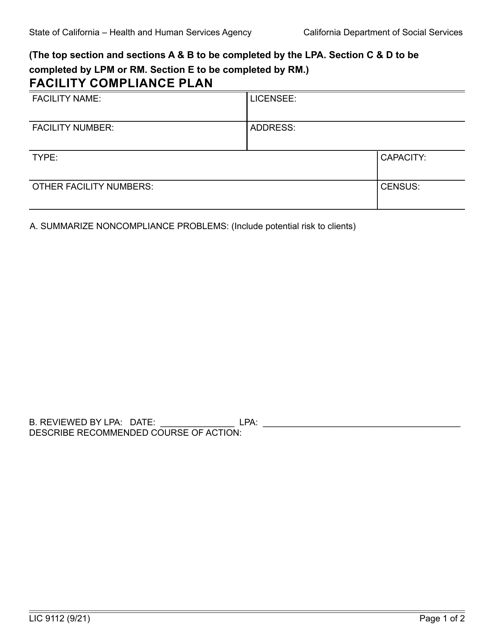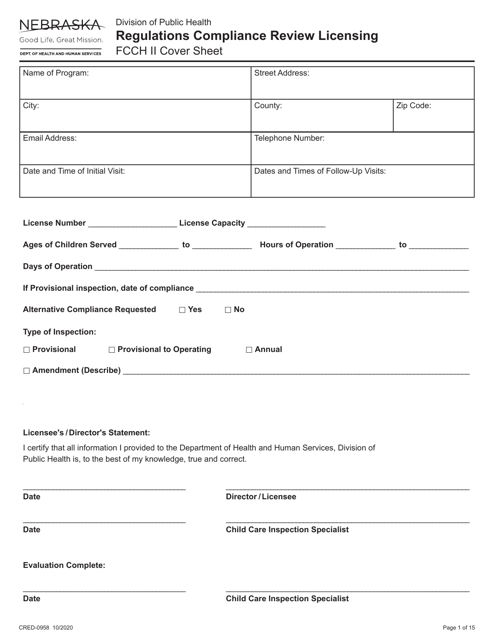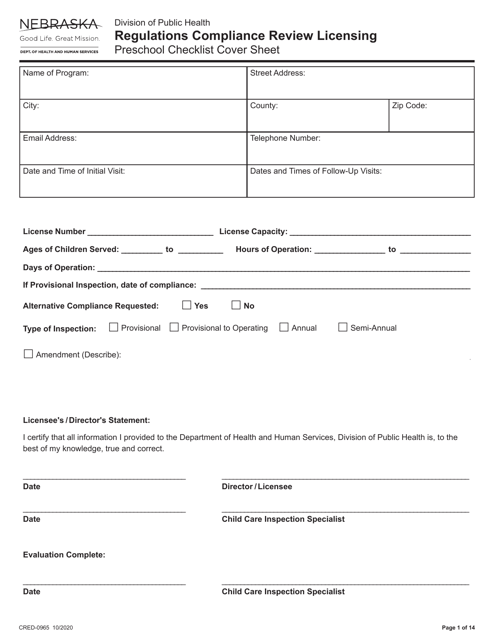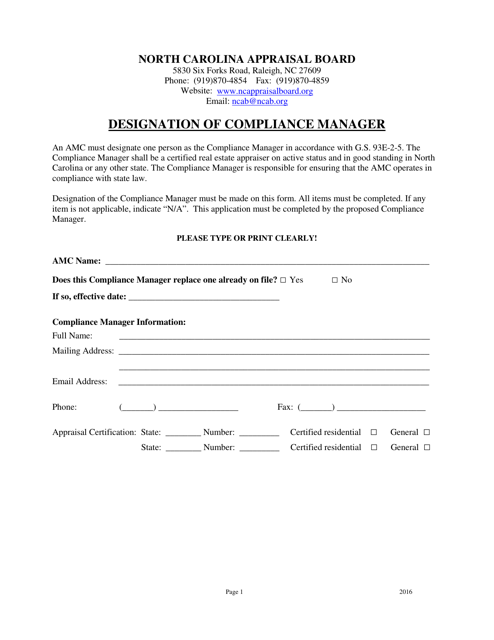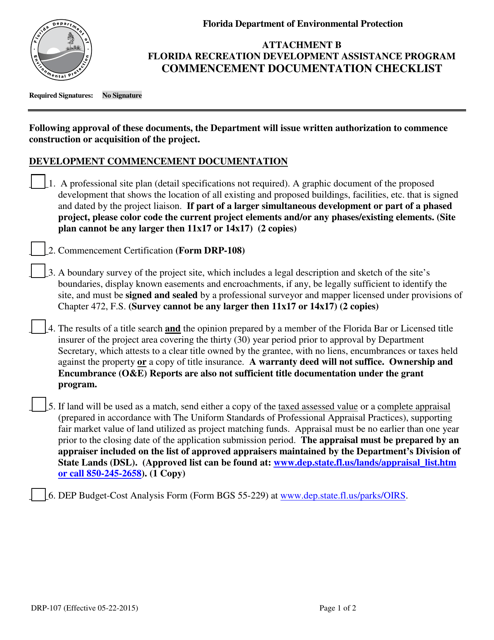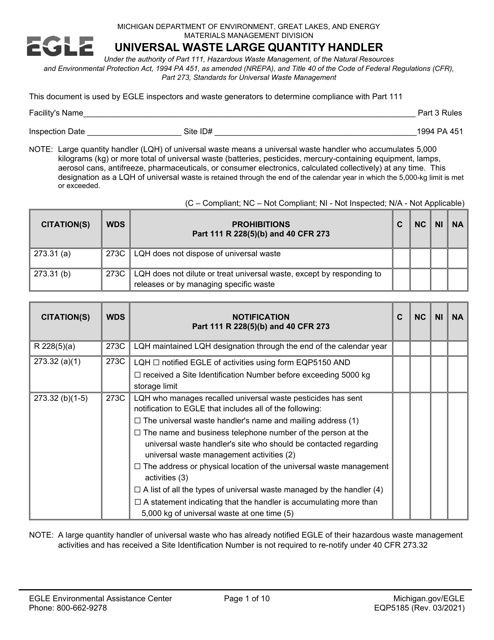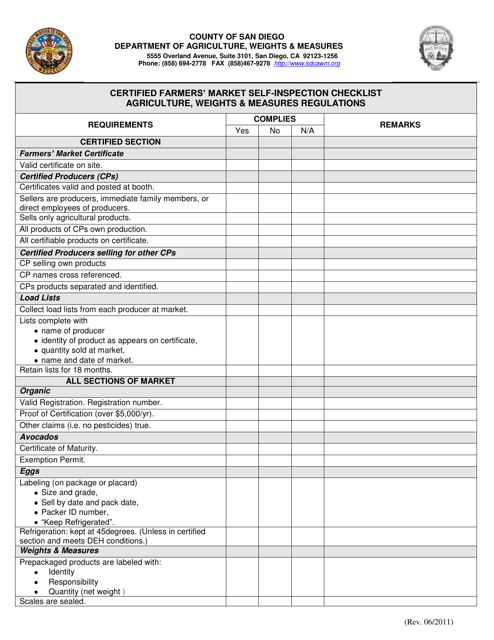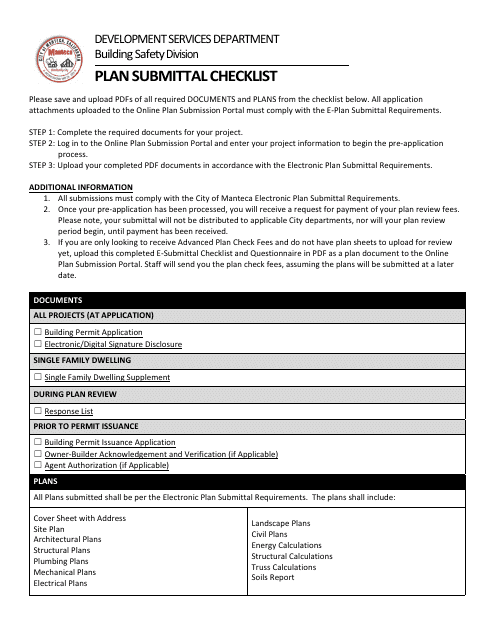Compliance Regulations Templates
Compliance Regulations: Ensuring Legal Conformity and Ethical Practices
In today's complex and ever-changing business landscape, complying with regulatory requirements is a crucial aspect of operating a successful organization. Compliance regulations, also known as regulation compliance or regulations compliance, are guidelines and standards established by government authorities or industry bodies to ensure business practices align with legal obligations and ethical principles.
These compliance regulations serve multiple purposes, including protecting consumers, maintaining fair competition, safeguarding data privacy, promoting transparency, and preventing fraudulent activities. Adhering to these regulations not only mitigates legal risks but also fosters trust and confidence among stakeholders, such as clients, investors, and employees.
Within the realm of compliance regulations, there are various types of documents that provide essential guidance and instructions for businesses. For instance, instructions for USCIS Form I-941 Application for Entrepreneur Parole help individuals navigate through the specific requirements for obtaining parole as an entrepreneur in the United States. Similarly, instructions for Form PAW3845614 Capacity Development Plan in Canada outline the necessary steps for organizations seeking to enhance their capacities in alignment with national regulations.
Furthermore, compliance regulations often involve designating a compliance manager who is responsible for overseeing and implementing compliance measures within an organization. One such example is the Designation of Compliance Manager in North Carolina, which outlines the roles, responsibilities, and qualifications of the designated individual.
Additionally, various forms and checklists play a crucial role in compliance. These documents, such as Form DRP-107 Attachment B Commencement Documentation Checklist in Florida and Form E Examination Request Form in Texas, ensure that businesses provide all the necessary information and materials to demonstrate compliance with specific regulations.
By adhering to compliance regulations, businesses showcase their commitment to upholding legal and ethical standards. They not only avoid penalties and legal consequences but also build a reputation for integrity and trustworthiness. Embracing compliance regulations helps create a level playing field for all market participants, fostering fair competition and enabling sustainable growth.
In summary, compliance regulations, also known as regulation compliance or regulations compliance, are essential guidelines and standards for businesses to ensure legal conformity and ethical practices. Through a comprehensive array of documents, organizations can navigate the intricacies of compliance requirements, safeguard their operations, and earn the trust of stakeholders. Embracing compliance regulations is a strategic investment that strengthens businesses' reputation, resilience, and long-term success.
Documents:
17
This form is used for completing the annual regulation compliance checklist in the state of California. It is used by individuals and businesses to ensure they are in compliance with the applicable regulations in various industries.
This document certifies that a new building in the firm zone of Nebraska meets the required regulations and standards.
This form is used for conducting self-inspections in wholesale food establishments in New Jersey. It serves as a checklist to ensure compliance with food safety regulations and to identify any potential issues that need to be addressed.
This document is used for creating a Capacity Development Plan in Canada. It provides instructions on how to fill out Form PAW3845614.
This type of document is used for applying for a licensing application for a phlebotomy station in Rhode Island.
This Form is used for conducting supervisory visits to licensed group child care homes in South Carolina. It helps ensure compliance with regulations and the well-being of children in these facilities.
This form is used for reviewing licensing compliance with regulations for a Home Child Care II facility in Nebraska.
This form is used for conducting a compliance review for licensing a preschool in Nebraska. It serves as a checklist cover sheet for regulations compliance.
This document designates an individual as the Compliance Manager in North Carolina.
This document is a checklist used in Florida to ensure all necessary commencement documentation is included with Form DRP-107 Attachment B.
This Form is used for Michigan Large Quantity Handlers to manage universal waste.
This document provides a self-inspection checklist for certified farmers' markets in San Diego County, California. It helps ensure that the markets meet the necessary health and safety standards.
This checklist is used by the City of Manteca, California for reviewing and processing plan submittals.

